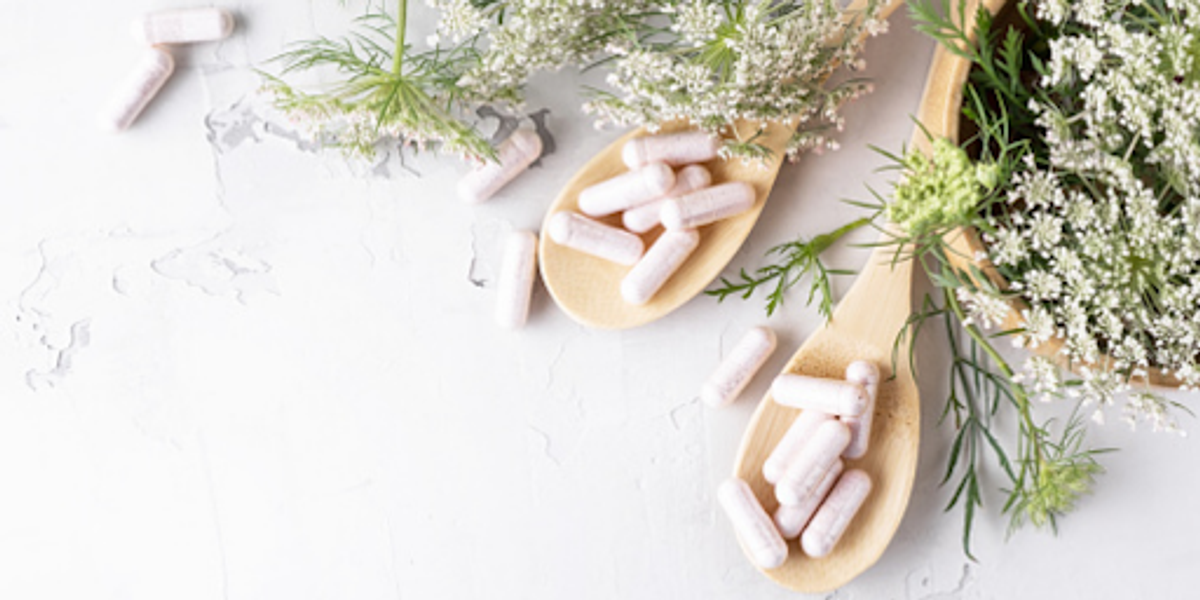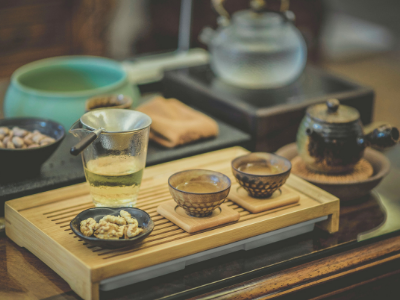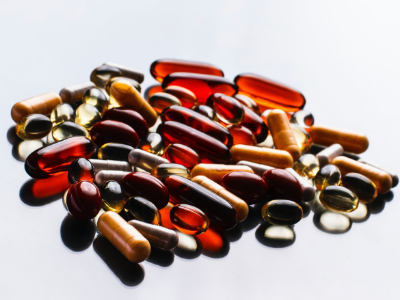
Over the centuries, herbal supplements have been popularly used for their healing properties.
As more people are exploring this medicine alternative in addition to traditional approaches, it’s highly important to be well aware of what you put into your body.
To begin, how well do you know herbal supplements?
In this article, we’ll guide you through everything you need to know about herbal supplements.
What Is Herbal Supplement?

Herbal supplements are products extracted from plants and/or their oils, roots seeds, berries or flowers.
They have been used for many centuries to treat various conditions.
It is believed that herbal supplements contain healing properties.
And herbal products come in many forms (like tablets, ointments, teas) and may be used internally or externally.
Some Common Herbal Supplements
There is a range of herbal supplements present, each with its own set of benefits.
Some of the most common ones are as follows:
-
Aloe Vera is used topically to treat burns, psoriasis, and osteoarthritis. For digestive problems including gastritis or constipation, it's taken orally.
-
Black cohosh is able to treat hot flashes, nocturnal sweats, vaginal dryness, and other menopausal symptoms.
-
Chamomile is used to treat insomnia, anxiety, indigestion, gas, and diarrhea. It can also be applied topically to treat skin problems.
-
Echinacea is a herb used to treat cold and flu symptoms.
-
Flaxseed is a cholesterol-lowering food. Fiber and omega-3 fatty acids are abundant in this food.
-
Ginko is a herb used to treat memory issues and tinnitus (ringing in the ears).
-
Peppermint oil is often used to relieve nausea, indigestion, stomach, and bowel problems.
-
Soy helps to alleviate symptoms of menopause, cognitive issues, and excessive cholesterol levels.
-
St. John's Wort is a herb that is used to treat depression, anxiety, and sleep problems. However, it’s important to note that this plant interacts with a variety of different drugs and herbs. It’s best to talk to your doctor before consuming this supplement.
-
Tea tree oil is a common topical treatment for acne, athlete's foot, nail fungus, wounds, infections, lice, oral yeast infection, cold sores, and dandruff.
Are Herbal Supplements In Malaysia Safe?

After being familiar with a long list of herbal supplements, it all boils down to one question: are they actually safe?
Many of us perceive the idea that herbs come from natural sources. Hence, they’re safe to consume.
Contrary to popular belief, herbs can be potentially contaminated with toxic metals which come from the soil, water, or air.
According to the Malaysian Ministry of Health, there have been reported cases of arsenic, mercury, lead, and cadmium poisoning from traditional products.
So, you might want to give it a second thought before you consume that herbal capsule.
What Are The Risks Of Taking Herbal Supplements?
As traditional medicine is a heavily saturated market, some herbal supplements may have not been approved or tested.
Herbal supplements are frequently used in addition to prescription meds.
Due to chemical interactions, this can lead to major health concerns. Always consult your doctor before consuming herbal supplements.
If you're taking aspirin, digoxin, diuretics, hypoglycemics, nonsteroidal anti-inflammatory medications, spironolactone, or warfarin, make sure to see your doctor before taking any herbal supplements.

When using herbal supplements with the aforementioned drugs, you may encounter some of the following risks:
-
Garlic: May cause excessive bleeding if taken with anticoagulant medicine such as warfarin.
-
Ginkgo: Increases the risk of excessive bleeding when used with anticoagulant medicine. It interferes with diuretic actions.
-
Goldenseal: Contains chemicals that influence the way your body digests drugs. Hence, it should be taken with caution especially if you’re taking cardiac meds.
-
Aloe: Lowers potassium levels when taken internally. If you’re taking diuretics or digoxin, avoid aloe.
-
Ginger: Can potentially interfere with blood clotting.
-
Black cohosh: When taken in large doses or together with antihypertensive drugs, it can reduce blood pressure.
-
Beta carotene: The usage of beta carotene-containing vitamin supplements should be avoided at all costs as it increases the risk of death. Instead, choose carotenoid supplements that include a variety of carotenes.
Thinking of getting a trusted and effective herbal supplement?
Worry not, Zam Zam Brands helps you keep your health in check!
Well certified, tested, and proven to be of high quality, Zam Zam Brands also offers a variety of halal products like frozen foods.
Don’t wait any longer.



